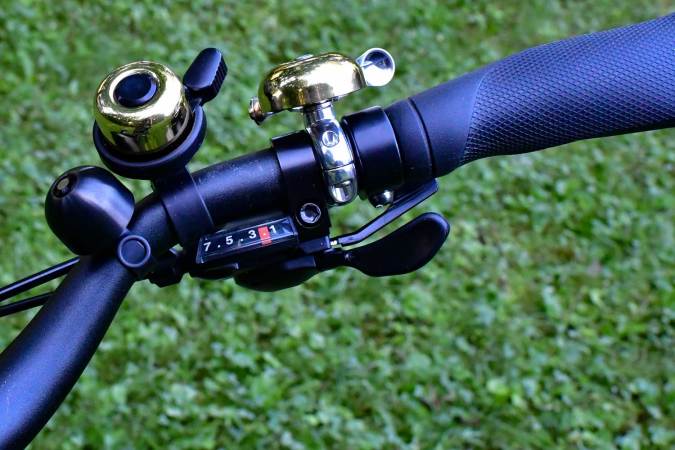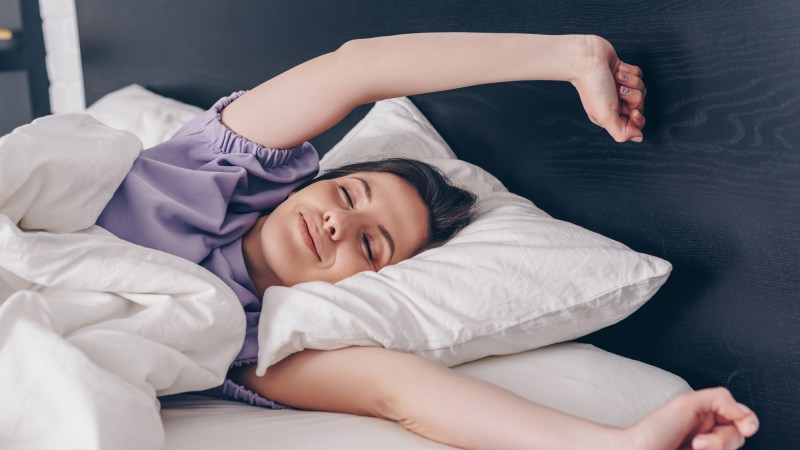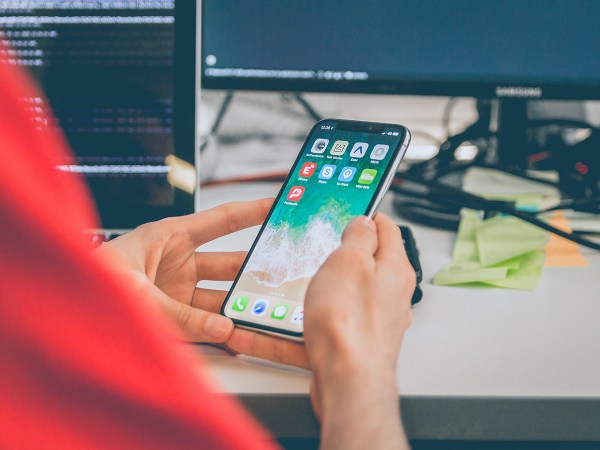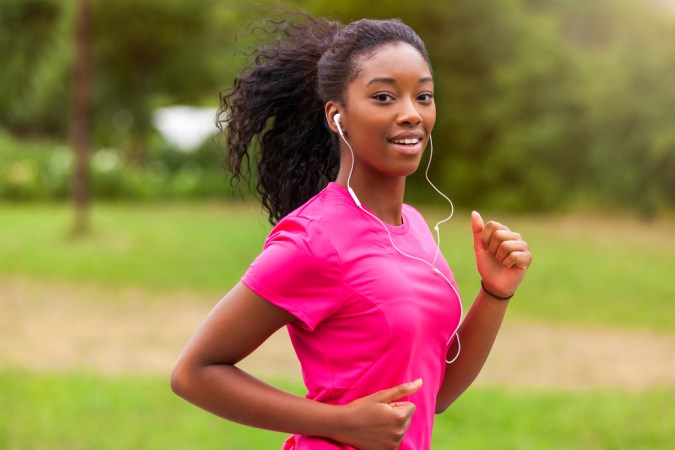

The world is a noisy place. Traffic, lawnmowers, leaf blowers, music, industrial machines, jet planes, hairdryers—all are normal parts of life and all make an absolute racket. Noise-induced hearing loss can occur at levels as low as 85 decibels (dB), which is a little quieter than a lawnmower.
But normal doesn’t mean healthy. Exposure to higher sound levels increases your risk of hearing damage if your ears are unprotected. Being near a gunshot or a jet plane taking off can immediately damage your hearing and may even rupture an ear drum. A rock concert or emergency vehicle siren can cause problems in less than eight seconds. At 90 dB, the maximum safe exposure for unprotected ears is about four hours, according to a graphic from the Sight and Hearing Association.
The problem is, you may not be aware you have lost some of your hearing, even though the loss would show up on a hearing test, explains Si Chen, assistant professor in the University of Florida College of Medicine’s Department of Otolaryngology. The negative effect of noise may not be obvious until five to 20 years after exposure. Hearing damage is cumulative, so repeated exposure to loud sounds will continue to degrade your hearing.
[Related: Hidden hearing loss is hitting people of all ages]
“Generally speaking, rock concerts are too loud,” Chen says. “Many people come out of these concerts with their ears ringing, a sign the concert was too loud and damaging to the hearing. The main problem is most people don’t measure the loudness level and they may experience the consequences of hearing loss many years later.” Trust your instincts: If you feel tempted to put your fingers in your ears in any noisy place, like a football stadium, the noise level is probably too high to be safe.
You can also lose some hearing from listening to music through earbuds or headphones at too high a volume. If you’re hooked up to a smartphone, Chen says there are apps that will monitor the sound levels you are being exposed to. Apple, for example, has the Apple Watch Noise app, which syncs with the iOS Health app and can track environmental noise. Even if you don’t have a smartwatch, Apple’s built-in Health app will track headphone decibel output (find this data in the app, under Hearing). Other apps, like Sound Meter for Android, measure noise through your phone’s microphone. They can pick up environmental sounds, as well as headphone levels if you put your earbuds up to the mic.
For other devices, like portable radios, take cues from your environment. If you are walking outdoors, and you cannot hear the traffic or birds around you, the sound is likely too loud. You can also buy volume-limiting headphones that will do the job for you.
The risks you take by ignoring your ears
Even if the possibility of losing your hearing doesn’t seem like a big deal, you really should start thinking about it. “Hearing damage or hearing loss is not reversible in most people,” Chen says. “Subtle hearing loss can accumulate over time, so most people don’t realize they have significant hearing loss until it is too late.” Once hearing is impaired, there is no way to restore it to its original sharpness because the inner ear cells required for hearing cannot be regenerated or repaired. Using a hearing aid is the primary option for regaining hearing.
It’s not just older adults who have to worry about damaged ears, either. Hearing loss from noise exposure is becoming more common in children, with about 12 percent of kids having noise-induced hearing loss, Chen says. This can contribute to delays in speech and language development as well as learning difficulties.
The effects on older patients are similarly detrimental, Chen says. Those with significant hearing loss often begin to withdraw from social situations that require hearing for conversation and end up having less social interaction, she says, adding that research is underway to evaluate the impact of hearing loss on depression and dementia.
Easy ways to protect your hearing
There are two types of equipment that will protect your ears from loud sounds: ear plugs and earmuffs. Ear plugs fit inside the ear while earmuffs cover the entire outer ear. Chen says both provide good ear protection, so choose the one you prefer. Just know that plugs won’t work as well if they’re not inserted properly, so earmuffs might be easier to use. In a very loud environment, like a gun range, Chen recommends wearing both at the same time.
Another simple way to protect your hearing is to leave noisy places and go somewhere quieter. At nightclubs, sit far away from the band or the loudspeakers. If your car’s muffler is noisy, get it repaired. Yes, the world is noisy. You can enjoy living in it and hearing everything you desire if you take the right precautions.















